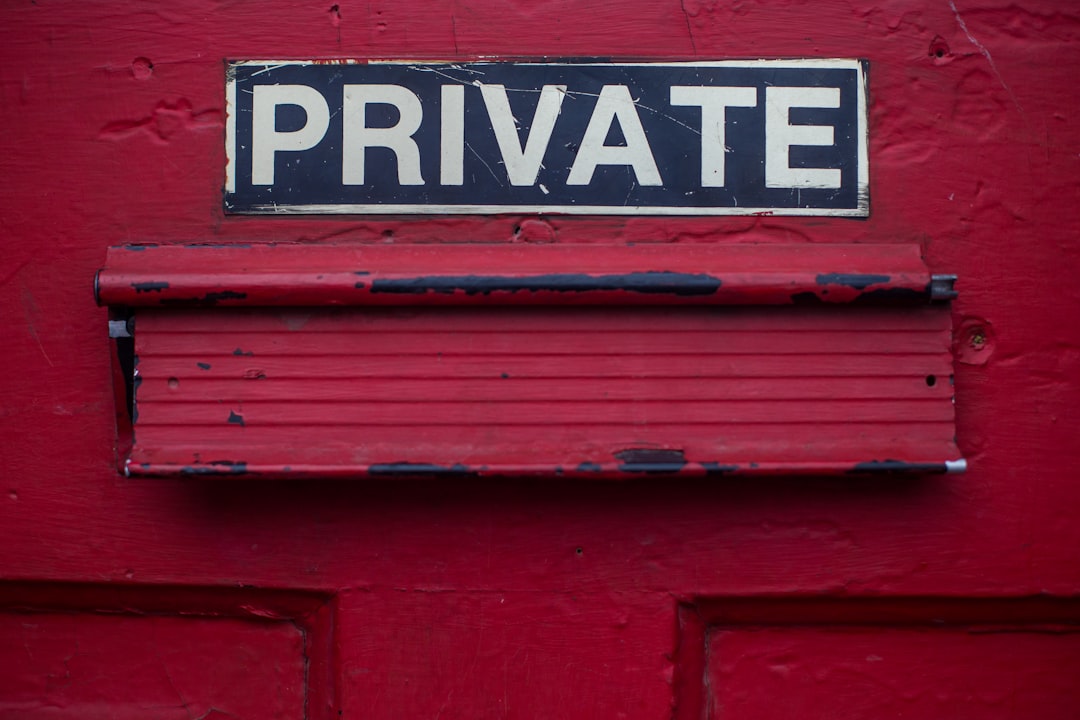
Government Surveillance: A Necessary Evil to Protect National Security
In an era where technology permeates every facet of our lives, the discussion surrounding government surveillance has become increasingly pertinent. While the notion of surveillance can evoke apprehension about privacy invasion, it is essential to recognize its role as a necessary evil in protecting national security. This article delves into the intricate relationship between government surveillance and national security, exploring current developments, emerging trends, and practical applications.
Understanding Government Surveillance
Government surveillance refers to the monitoring of individuals or groups by governmental agencies, often justified under the premise of national security. This practice can involve various technologies, including closed-circuit television (CCTV), online data collection, and phone tapping. The fundamental aim is to prevent crimes, terrorism, and other threats that could compromise the safety of citizens.
The Balance Between Security and Privacy
One of the most significant debates surrounding government surveillance is the balance between security and individual privacy. On one side, proponents argue that surveillance is vital for thwarting terrorist activities and ensuring public safety. On the other hand, critics contend that excessive surveillance can lead to a culture of fear and repression.
To navigate this tension, governments must establish clear regulations and oversight mechanisms. Transparency and accountability are essential to maintaining public trust while ensuring national security.
Emerging Trends in Government Surveillance
Artificial Intelligence (AI) and Big Data
Recent advancements in artificial intelligence and big data analytics have transformed the landscape of government surveillance. AI algorithms can process and analyze vast amounts of data, enabling law enforcement agencies to identify patterns and predict potential threats more effectively. For instance, predictive policing applications use historical crime data to forecast future criminal activity, allowing agencies to allocate resources more efficiently.
Drones and Remote Surveillance
The use of drones for surveillance purposes has gained traction in recent years. Drones equipped with high-resolution cameras can monitor large areas and gather intelligence without putting personnel at risk. This technology has been particularly beneficial in monitoring borders and tracking illegal activities. However, the ethical implications of drone surveillance remain a concern, as they can infringe upon privacy rights.
Cyber Surveillance
As cyber threats continue to evolve, government agencies are increasingly turning to cyber surveillance to protect national security. Monitoring online activities can help identify potential cyber-attacks or extremist activities. However, this approach raises significant questions about the extent of surveillance that is permissible and the potential for misuse of information.
Case Studies: Successful Surveillance Interventions
Several notable cases illustrate the effectiveness of government surveillance in preventing security threats:
-
The Boston Marathon Bombing: Following the attack, investigators utilized surveillance footage from various sources, including public and private CCTV cameras, to identify the suspects. This collaborative approach demonstrated how surveillance can aid in swift justice and public safety.
-
Terrorism Prevention: Programs like the National Security Agency’s (NSA) data collection initiatives have been credited with thwarting numerous potential terrorist plots. By monitoring communications, agencies can identify and disrupt plans before they materialize.
Expert Opinions on Surveillance Necessity
Experts in security and technology often echo the sentiment that government surveillance is a necessary evil. As Bruce Schneier, a renowned security technologist, states, “Surveillance is a tool. It can be used for good or evil. The key is how we use it.” This highlights the importance of ethical considerations and responsible use of surveillance technologies.
Conclusion
While government surveillance may evoke mixed feelings, it remains a crucial component in the fight to protect national security. By harnessing advanced technologies and implementing stringent oversight measures, governments can navigate the delicate balance between safeguarding citizens and respecting their privacy.
As we continue to witness advancements in surveillance technologies, it is vital for citizens to stay informed and engaged in the dialogue surrounding these issues. Exploring further resources and discussions can broaden your understanding of this complex topic.
For those interested in learning more about government surveillance and its implications, consider exploring the following resources:
Engaging with these topics can foster a deeper understanding of how surveillance affects our lives and security. If you found this article insightful, consider sharing it with others to encourage further discussion and awareness.


